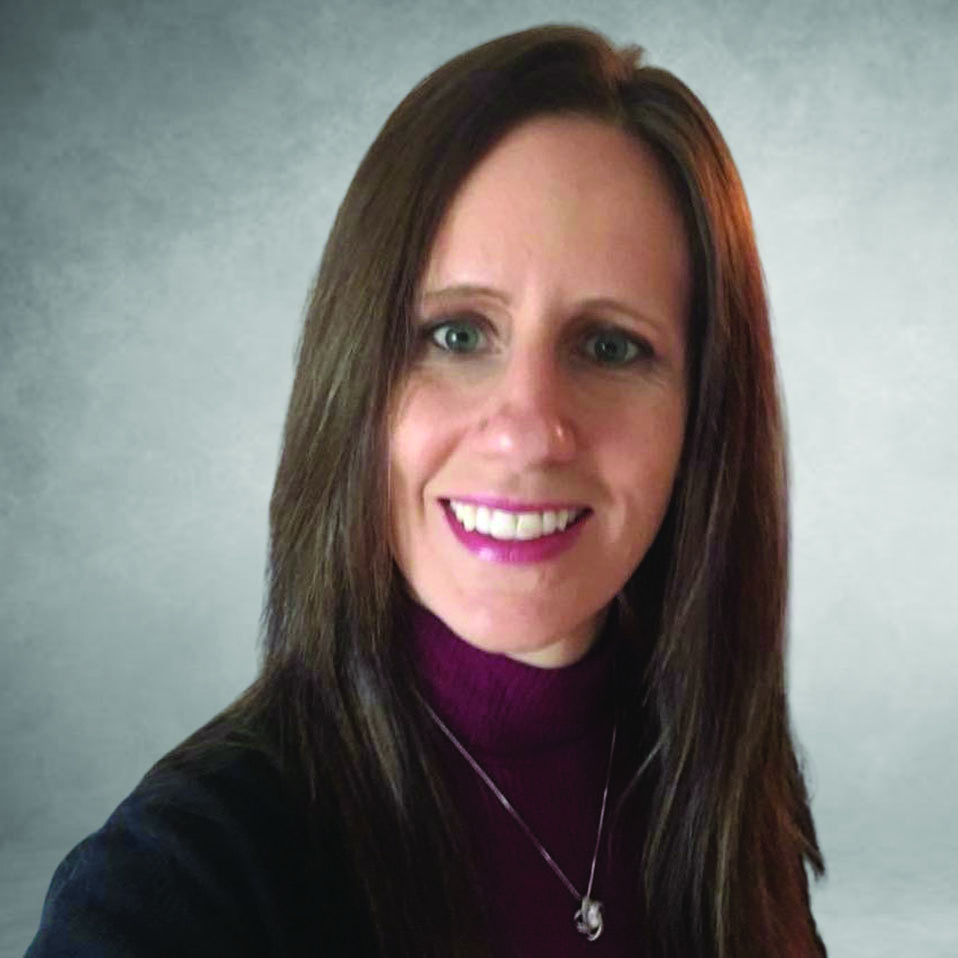This year we celebrate Florence Nightingale’s vision for the “Year of the Nurse.” As nurses, we are dedicated to promoting, advocating, maintaining, and improving the health and wellness of the public.
We work tirelessly to provide individualized nursing care to each patient within a complex and sometimes confusing healthcare system. As nurses, we have experienced many changes in healthcare. A countless number of times, we have been faced with many challenges while advocating on behalf of our patients. I am certain that every nurse can envision multiple situations where they have persevered and succeeded in overcoming various situations to support the best interest of the patient.
In recent years, we have observed a shift in the demands of health care services from primarily acute care needs towards more chronic and long-term care needs. Although many reasons underlie the fundamental principles of this shift, it has become evident that an integrated and multidisciplinary approach to health services has prevailed. During these times, it is important we, as nurses, take a moment to pause and reflect on our interprofessional practice. Like many Registered Practical Nurses (RPNs), I often find myself explaining to members of the public and even my family and friends that RPNs are, in fact, ‘real’ nurses. Individuals who have never studied or invested interest in understanding the art and science of nursing, may not ever understand the full scope of skills, knowledge, and judgment that each nurse brings to the table.
In saying this, I believe there are a few essential considerations every nurse should remember. In Ontario, there are two categories of nursing. Registered Practical Nurses (RPNs) and Registered Nurses (RNs). Nurse Practitioners (NPs) are an extended class within the RN category. In other provinces outside of Ontario, there are RNs, RPNs, and NPs. However, in some western provinces, RPN represents Registered Psychiatric Nurses and not Registered Practical Nurses. In these provinces, there are Licensed Practical Nurses (LPNs). Another consideration is that each nurse enters into professional practice after demonstrating their knowledge, skill, and judgment at the entry-to-practice level according to their nursing category. After graduating from the designated nursing programs, each nurse is accountable to engage in continuous learning activities. Post-graduation, many nurses dedicate themselves to advancing their professional nursing practice within a specific sector. Many nurses become advanced practice nurses and specialize in an area of patient care.
In this regard, we can understand why it may be necessary to advocate for ourselves and our nursing practice. The autonomy of nursing enables nurses to develop the skills and knowledge needed for the professional discretion to balance the heavy job demands, collaborate with interdisciplinary health teams, and support patients and families across all health sectors. This year, the “Year of the Nurse,” I challenge each of you to reflect on your professional practice and be proud of the nurse you have become. Believe in yourself and your practice!
About Jen Calver
Jen Calver, RPN, BAHSc, GPN(c) has a background of experiences in clinical practice, education, and research roles across health care and academic institutions. She has a special interest in populations with complex and chronic care needs, aging, policy, health service research, and interprofessional collaboration. Her clinical background is in gerontological nursing and public health. Jen is currently pursuing her graduate studies in the Master of Health Science concentrated in Community, Public, and Population Health at Ontario Tech University in Oshawa.

